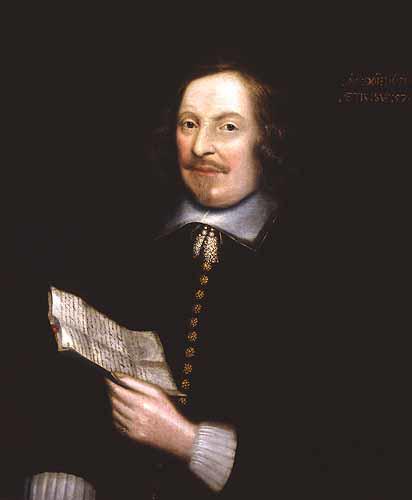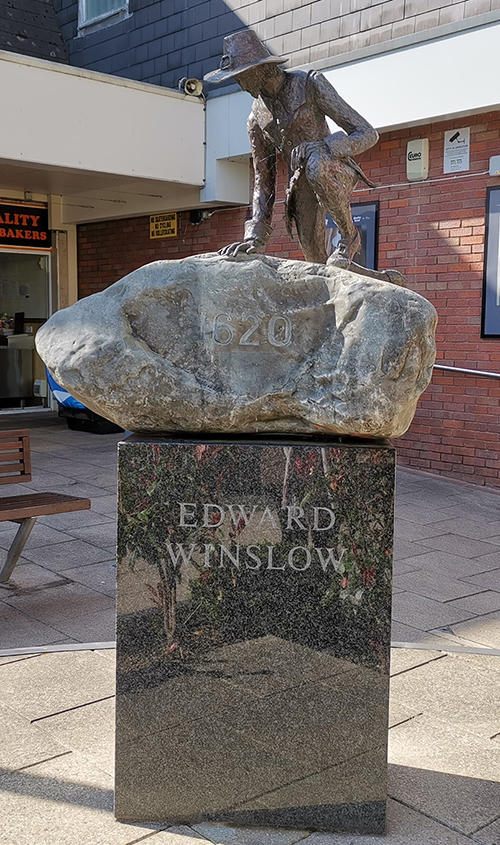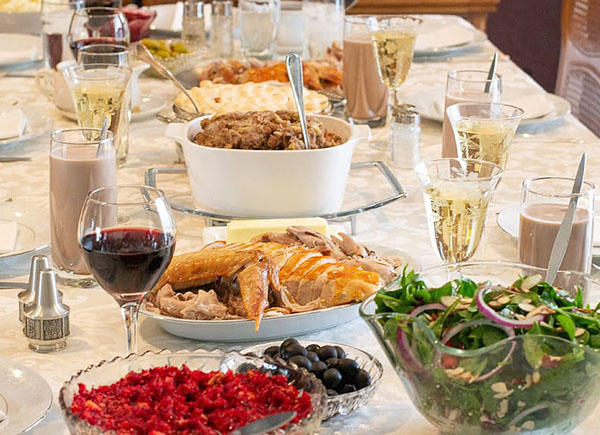Professor Darren Oldridge, University History Lecturer and specialist in sixteenth and seventeenth-century religious history, investigates the local links to the founding fathers and reflects on the religious challenges the Pilgrim Fathers faced in seventeenth century England that prompted their sailing to the New World.
When we consider the founding of the United States of America, many people think of the historic sailing of the Pilgrim Fathers on the Mayflower. As we mark the 400th anniversary of that voyage this month, any connection between this and landlocked Worcestershire might seem unlikely.
 Edward Winslow
Edward Winslow
However, both Worcester and Droitwich have a link with one of the most significant figures in that early emigration to the New World: Edward Winslow. The University’s Professor of Early Modern History, Darren Oldridge, who has been researching these links, believes Droitwich-born Winslow played a potentially key role in the survival of some of those first British settlers. He also says he is a major source for accounts of what happened to them.
“Winslow is a really interesting figure as someone who reached out to the indigenous people of America,” said Professor Oldridge. “He played a very important role in forming the friendship with local tribespeople, upon which the colony’s survival perhaps depended.”
Winslow grew up in Droitwich, where a statue of him exists today. He was educated as a boy in Worcester, at the King’s School, in the precincts of Worcester Cathedral, and his admission is listed in the 17th century register in the Cathedral library. He then worked in the printing industry in London.
He was one of the Pilgrim Fathers, ardent Protestant separatists who left England to escape persecution from the Church of England. They founded one of the first colonies in New England, and many Americans can trace their ancestry back to these 102 early settlers. Winslow was among those on the Mayflower that sailed from Plymouth in 1620.
 The statue of Edward Winslow in Droitwich
The statue of Edward Winslow in Droitwich
Professor Oldridge said, due to his background, Winslow effectively became the publicist for the colony. He documented the early years of the settlement for consumption back in England. This was partly in the hope of encouraging more people to make the voyage and thereby preserve the colony, which had dwindled since its arrival. Half the settlers had perished in the first winter.
Winslow also developed friendships with some of the original inhabitants of the region, who were then able to warn him of threats to the colony, such as attacks by other tribes, and also help supply the colony with provisions. Professor Oldridge says Winslow describes visiting a leader of one of the native tribes supposedly on his deathbed. Winslow gifted him medicine leading to a miraculous recovery, cementing a friendship between the two communities.
Winslow documented the celebration of the settlement’s first successful harvest in 1622, the Thanksgiving which Americans still celebrate today. Professor Oldridge highlights in Winslow’s account the extent of the harmony between the tribes and the settlers, as the tribespeople outnumbered their hosts.
Professor Oldridge says Winslow’s descriptions also show an interest in the lives and religious beliefs of the native population. “He wrote several of the foundational accounts of New England, including one of the first anthropological studies of the region’s original inhabitants,” he said. “Winslow demonstrates the virtue of a curious mind. That curiosity made him interested in people different from himself, and to befriend them.”
 Winslow documented the settlement's first harvest, the Thanksgiving which American's still celebrate today.
Winslow documented the settlement's first harvest, the Thanksgiving which American's still celebrate today.
Professor Oldridge says that it was perhaps the intolerance that the Pilgrim Fathers had experienced themselves that made Winslow open to, if not accepting of, other beliefs. As with Catholics, Protestants like the Pilgrim Fathers who practised outside of the Church of England could expect severe punishments.
“Winslow lived at a time when the idea we have today of religious pluralism really didn’t exist at all,” said Professor Oldridge. “It was a crime in the 1620s not to attend church. The belief was that there was one true religion and that religion should be enforced by the state, so the idea of people practising their own religions under the protection of the state would to most people have been shocking and dangerous.
“A degree of religious toleration emerges in the seventeenth century through the discovery really that it was impossible to maintain religious and political unity at a time when people could read and inevitably would think for themselves.
“The danger is if you have a state religion that everyone has to comply with it creates the potential for political rebellion because there are groups outside that religion. An early manifestation of that is the attempt to destroy Parliament in 1605, the Gunpowder Plot.”
He said, while some like Winslow left the country, this issue contributed to the Civil Wars of the 1640s. “Eventually it was recognised that giving toleration to Protestants was necessary to preserve stability and prevent rebellions,” he added.
After the English Civil Wars, Winslow himself was able to return to England to serve under Oliver Cromwell. But his greatest achievement remained his role in helping lay the foundations of modern-day America.
“He has a claim to importance,” said Professor Oldridge. “He was part of a community that established the first permanent settlement in New England and that was a beacon, I suspect, to later settlers by proving it was possible.”
All views expressed in this blog are the Academic’s own and do not represent the views, policies or opinions of the University of Worcester or any of its partners.